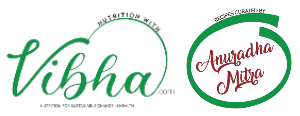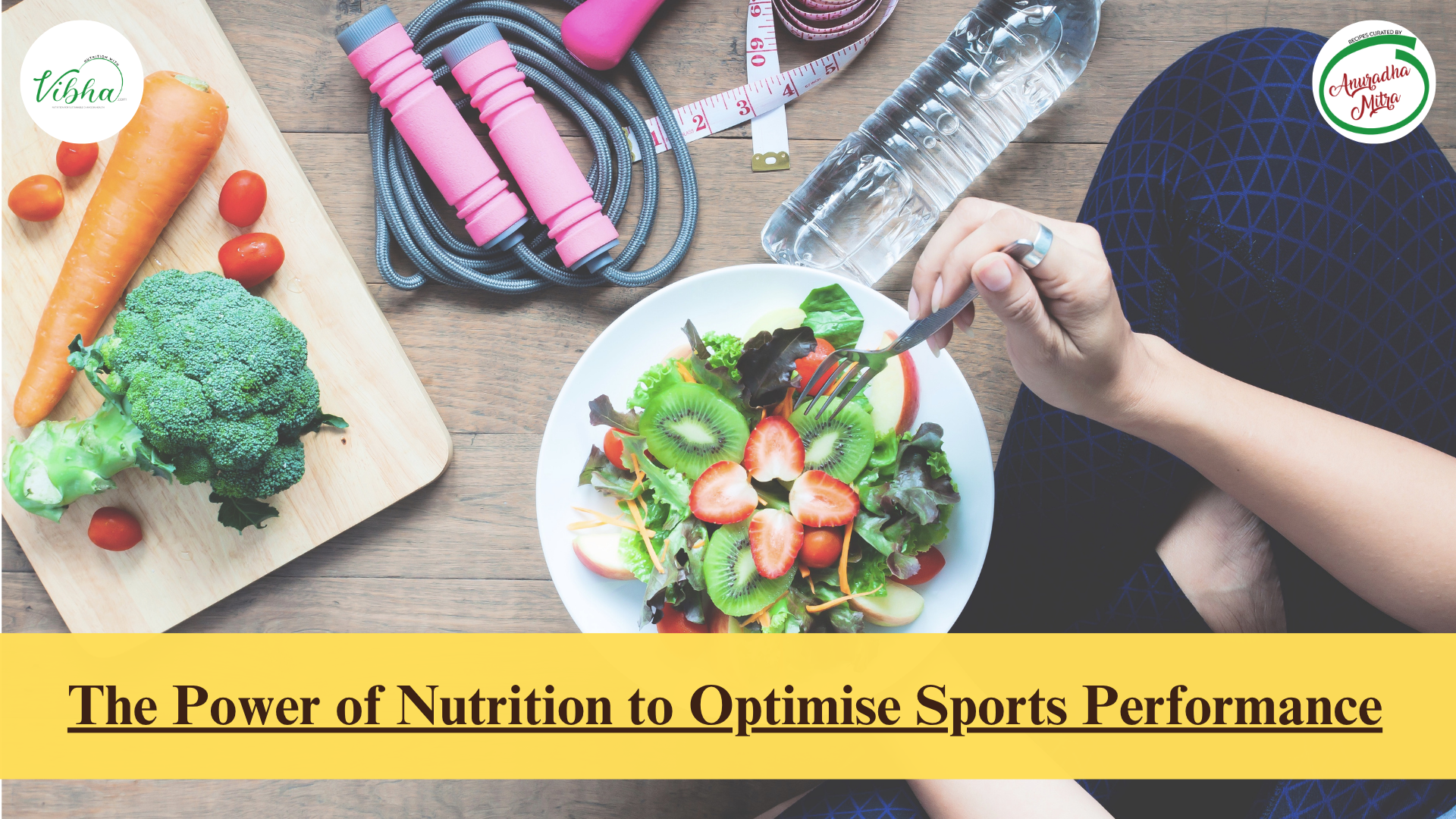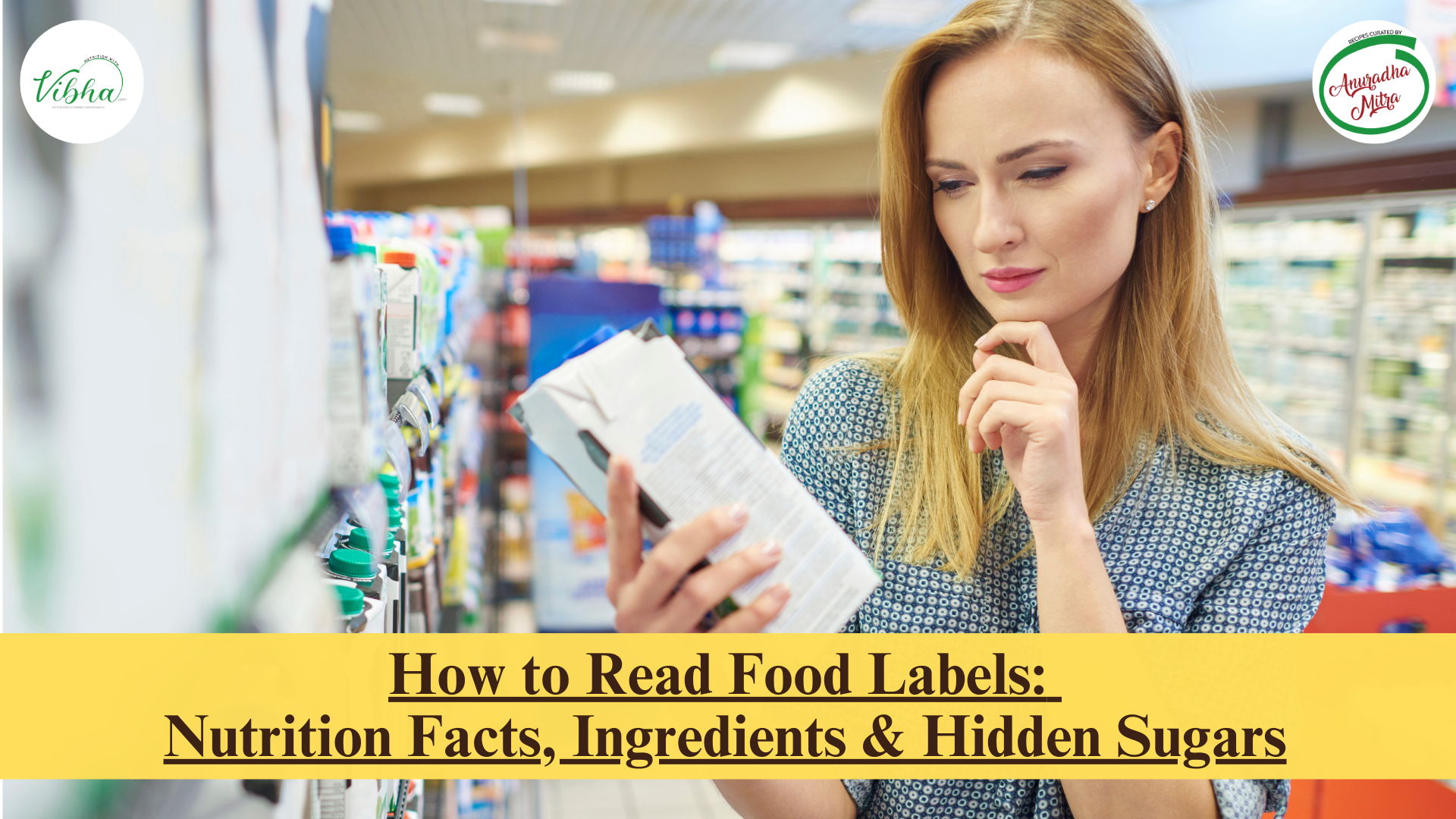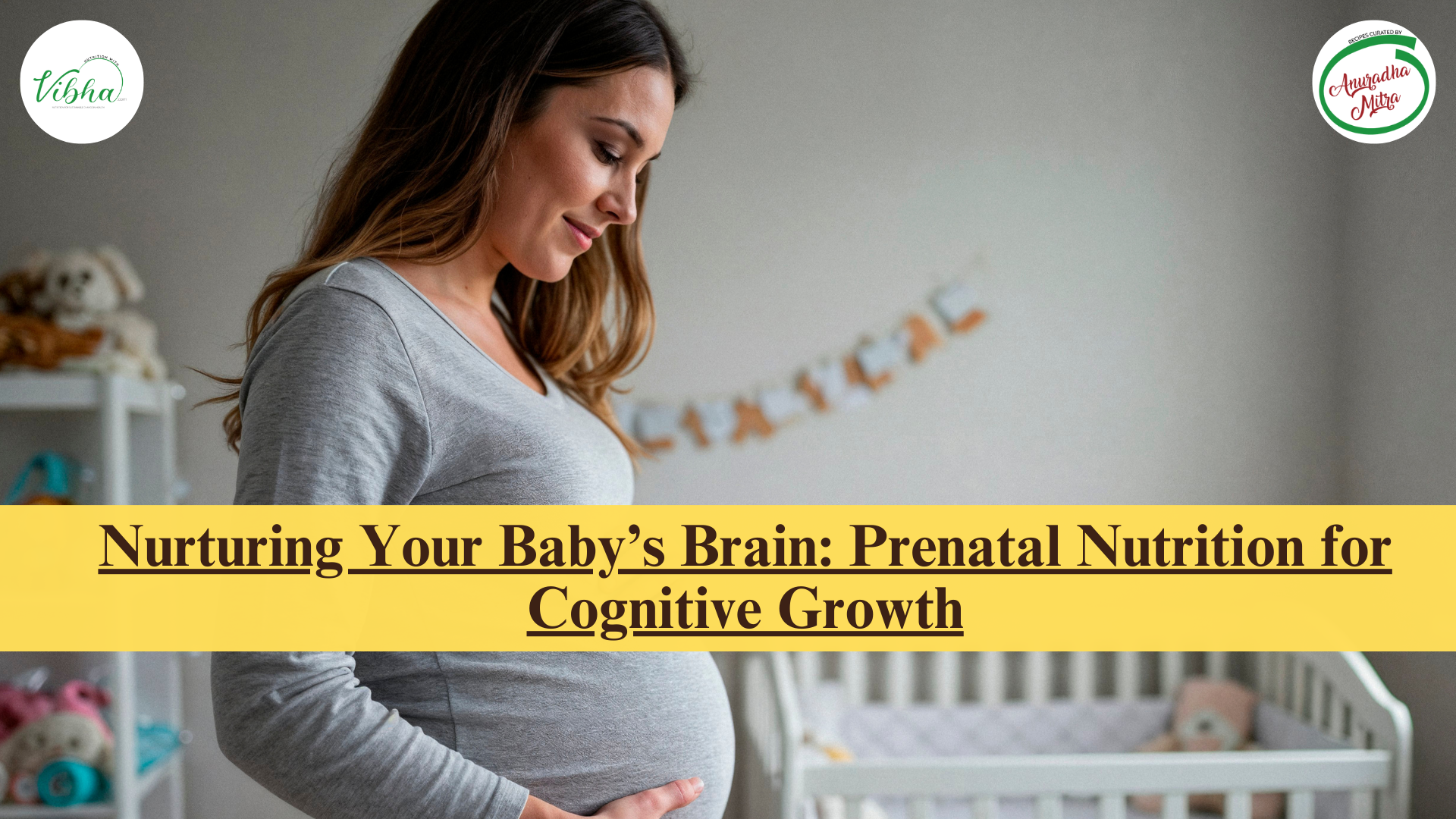A Guide to Managing High Blood Pressures

High Blood Pressure- those dreaded three words that tend to creep up on us as we age. High Blood Pressure of Hypertension is a cumulative result of the genetic tendencies we inherit, the changes in our metabolism due to compromised diet and lifestyle patterns, the baggage of stress and the pressures of life, possibly influenced by negative thought patterns too and also the polluted environment we live in.
High Blood Pressure or hypertension is cooked in a cauldron of life with all the above ingredients and stirred together with ignorance and lack of knowledge on how to offset it and what needs to be done in such a situation. So, we resort to medications.
While medications may be needed in certain hypertensives, it’s not the first line of management. The first line of management is always to correct the balance to the right, towards wellness, towards holistic health. We first must learn to live correctly, living healthfully, take cognisance of the improvement of the blood pressures and treat only that which is elevated after a holistic living plan has been implemented. We must realise that anti blood pressure medications are taken over a long period of time and could have side effects. So, a good diet and lifestyle are essential prerequisites to managing high blood pressures.
Here is a quick guide to both preventing and managing hypertension:
Cut the Sodium and the salt in your diet:
You must have heard this advice often, to lower the sodium. Let’s understand this; when we eat more of the mineral sodium – it is present in higher amounts in the blood. The kidney senses this sodium and takes measures to normalise it which can eventually lead to high blood pressures. High blood sodium also leads to increased blood volume and that too can eventually cause blood pressures to rise.
How to reduce Sodium in the diet then? Well, Sodium has two sources – One from the salt we consume, added while cooking and the other is from the ready to eat products, we consume which has either sodium or added salt in it.
Sodium containing superfluous foods that we need to urgently delete from the diet
Foods with large amounts of hidden salt – Papads, pickles, salted nuts, salted fried snacks (bhujjiyas, gathia, chips), foods canned in brine (Tuna, sardines)
Foods which have sodium added in the method of preparation or processing: All baked items – bread, biscuits, khari, toast, cakes and pastries – these have Baking powder added to it which contains large amounts of Sodium. So, a person having bread (yes even brown bread) in major meals and snacking it up with biscuits will be consuming large amounts of Sodium.
Products that have Soda added while cooking – many times restaurant prepared foods have soda added in rice and vegetables to retain the separateness of grains and to keep the freshness of vegetables intact or in fried pakoras to make it fluffier or in idli and vada and dhokla batters or in whole pulses to make the cooking process faster.
Foods which have sodium containing preservatives added for eg. Sodium Benzoate. This could be all the packaged foods we so readily consume – the ready to eat snacks or the ready to fry snacks or the ready to eat with minimal cooking non vegetarian products that we use a lot in today’s times like the cutlets and the patty. The cold cuts of processed meat like bacon and salami too have a high amount of Sodium.
Reduce the amount of added salt in the diet
The amount of salt for a person in stage 1 hypertension should be minimally added. As the stages of hypertension increase, the food can be cooked without salt and the prescribed amount of salt added at the table. This needs the inputs of a qualified dietitian.
But not to worry – we can still cook up delicious food even if it is without salt.
The trick is to increase the taste of the sour in the dish. Use souring agents liberally – lime, kokum, tomatoes, tamarind, raw mango (be vary of salted mango powder – amchur and salted tamarind), vinegar and curds. The sour taste will offset the lack of salt.
Increase the flavour quotient of the dish by adding various herbs like mint, coriander, basil or parsley or various spices like ginger garlic or ajwain and cinnamon or cloves or pepper.
Use interesting marinades made of various herbs and seasonings and use the method of steaming and slow cooking the food after marination. This will again add to the taste and thus make up for the lack of added salt in cooking.
Use Low sodium salts – There are many brands available in the market. These have a lowered sodium and therefore will contribute less sodium to the diet. However, it needs to be used cautiously in people with kidney issues. Also, to keep in mind that using low sodium salt also means using it in small amounts and not liberally.
Use techniques to help widen the blood vessels and thus to reduce hypertension:
Include sources of the good fats of omega 3 – found in Flaxseeds, chia seeds, walnuts, mustard oil, soyabean oil, canola oil as well as in fish like Salmon, Tuna, Sardines, Pomfret, Bombay Duck and Mackerel and Hilsa.
- Check if there is a deficiency of Vitamin D and take medical help to correct it if there is a deficiency. Remember to be exposed to sunlight more. Low Vitamin D levels have been associated with elevated blood pressures.
- Eat adequate amounts of potassium, calcium and magnesium – both which help release the high blood pressure.
Ensure 2 -3 servings of milk and milk products as well as whole grains and millets like Ragi or Amaranth seeds (Rajkkera) or whole Chick peas as well as nuts. Include 3 -5 servings of vegetables in the meal – both raw and cooked as well as at least 2 servings of whole fruits not juiced. Coconut water is a great way to increase potassium intake.
Weight Reduction:
The first and immediate thing to start doing if overweight or obese. A modest weight loss of 2 – 4 kgs is enough to drop blood pressures up to 8 to 10 points. For many…it may mean the difference between being diagnosed as a patient of hypertension or having normal blood pressures.
Let’s take maintaining our weight as close to ideal seriously, especially if the weight is around the abdomen. Belly fat – both in males and females carry the highest risk for hypertension.
Get Moving:
Exercise helps reduce weight and leads to expansion of blood vessels causing a reduction of blood pressures. The effects of aerobic exercise on reducing blood pressures like brisk walking, running, dancing, swimming or yoga stay on for the entire day.
Exercise can have wonderful benefits in keeping high blood pressures at bay both from an immediate to a long-term basis.
Move more, sit less and let’s get off from a sedentary life to lower blood pressures. However, it’s important to get a fitness certificate from your doctor before you commence on any exercise plan if you are already a person suffering from high blood pressures. Moderately paced walking and Yoga are of course activities that can be begun by all.
Eat more anti-oxidant foods that reduce the thickening of the arteries: In an environment where the body is exposed to various pollutants and toxins – a classic city life – it is important to consume foods which repel these pro-oxidants (molecules that cause disease). Citrus fruits, sprouts, lime juice (without sugar), adequate vegetables and fruits as well as nuts help in providing enough antioxidants to reduce blood pressures.
- Manage other illnesses: A person with high cholesterol levels and diabetes has a higher risk for developing high blood pressure and so these comorbidities need to be controlled. A consultation with a medical specialist and a nutritionist is mandatory in such conditions.
- Address lifestyle issues:
Clean up your living patterns to reduce the risk of hypertension with the following key points
- Manage Stress
- Sleep for 8 hours every night
- Eat nourishing food and on time
- Avoid skipping meals
- Be less sedentary
- Avoid active and passive smoking
- Avoid or restrict alcohol
- Keep a positive and optimistic attitude
- Avoid extreme emotional reactions to life.
- DASH your way to lower blood pressures: DASH – Dietary Approaches to Stop Hypertension is a nutrition plan devised to minimise hypertension. It outlines the key strategies outlined above – to reduce sodium and salt, enough plant based nutrition with key nutrients that lower blood pressure, correct choice of fats, low fat dairy, low fat and lean cuts of meat, fish, inclusion of nuts, increasing physical activity and limiting alcohol.
Thus, remember that these are steps to both prevent and manage hypertension and to keep this disease at bay.
While medical help is required, it is always better to correct diet and lifestyle first so that the requirement of medication is minimal.
Those with advanced high blood pressures will need the advice of a qualified nutritionist to get the benefit of a tailored diet plan.
We at Nutrition with Vibha are curating courses specifically designed for those with high blood pressures or those who are caretakers in a family with members who suffer from hypertension. We aim to educate you to manage this on a day-to-day basis. Write to us if you are interested in being empowered to duel hypertension and write to us with your queries to nutritionwithvibha@gmail.com
Meanwhile, let off the steam and reduce that pressure!





